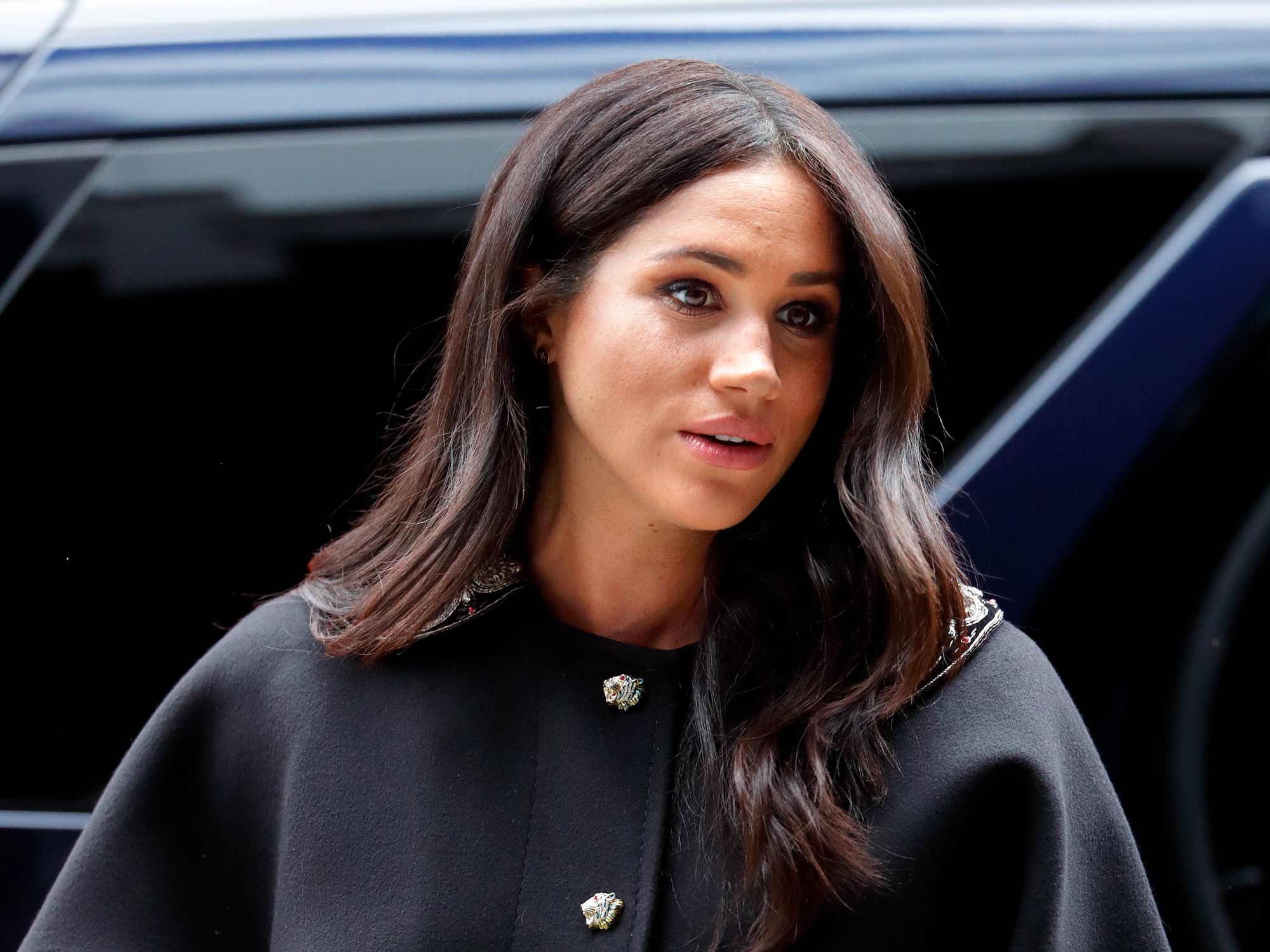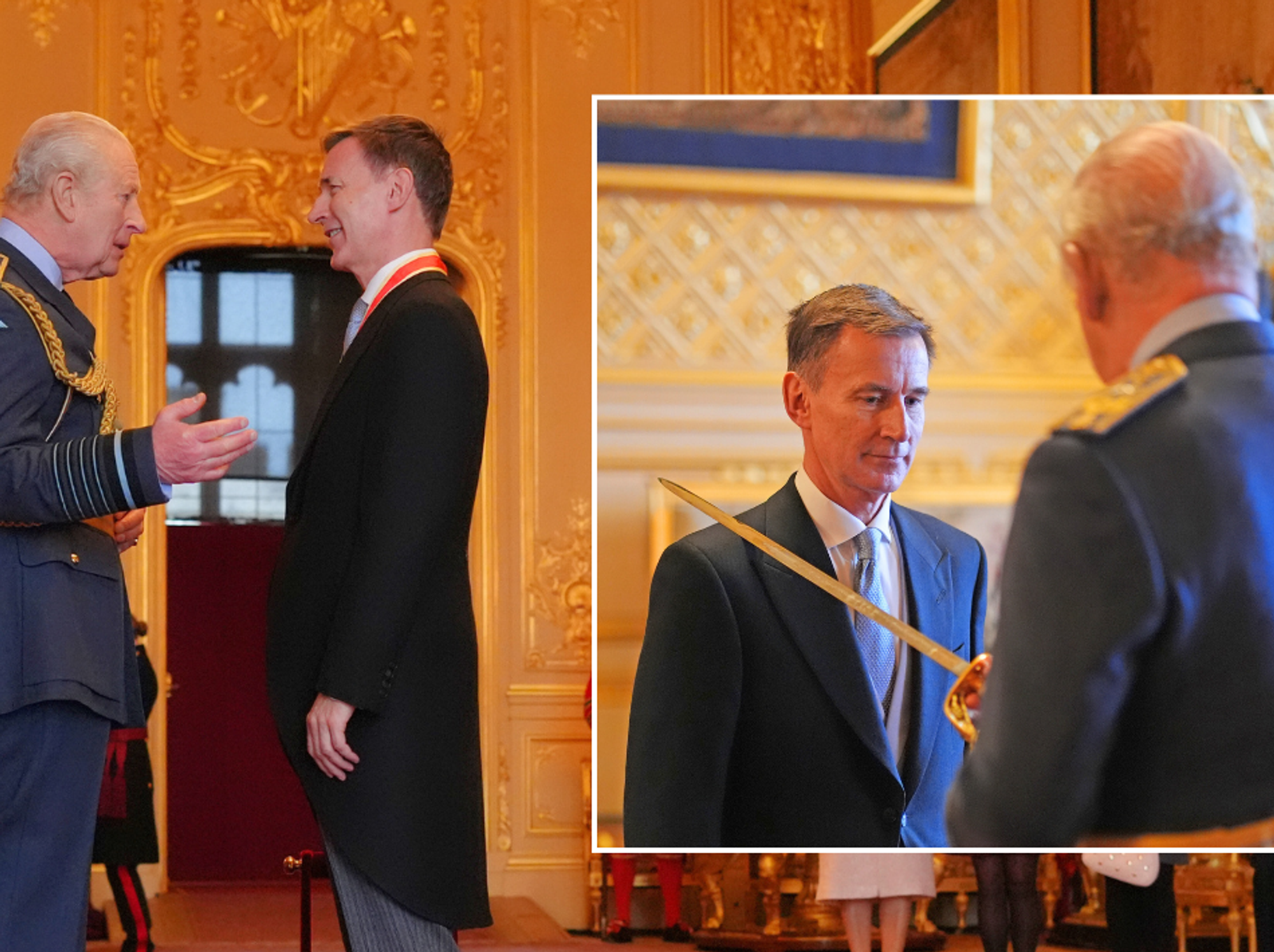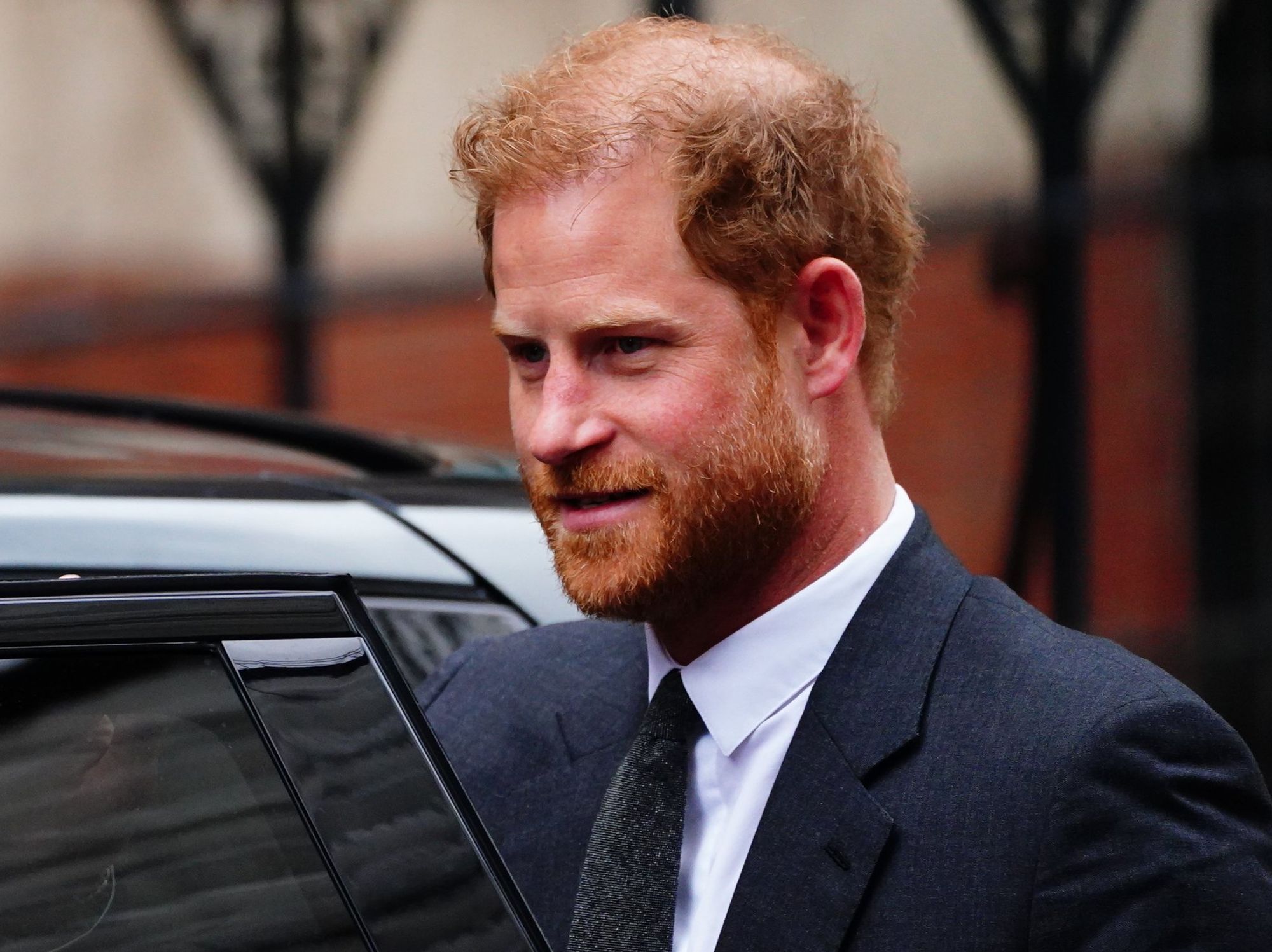Supreme Court to rule on gender-neutral passport case after campaigner labelled policy 'degrading and illogical'

Justices heard an appeal from campaigner Christie Elan-Cane earlier this year, who believes the Government’s current passport policy is degrading and illogical.
Don't Miss
Most Read
Latest
The Supreme Court is due to give its ruling over a legal battle for gender-neutral passports.
Earlier this year, justices heard an appeal from campaigner Christie Elan-Cane who believes the Government’s current passport policy is degrading and illogical.
Elan-Cane, who has campaigned for more than 25 years to achieve legal and social recognition for non-gendered identity, brought a case to the UK’s highest court in the latest round of a legal fight for “X” passports.
Elan-Cane argues that the UK’s passport application process, which requires individuals to indicate whether they are male or female, breaches human rights laws.
The Supreme Court challenge, which was contested by the Home Secretary, centred on the current policy administered by Her Majesty’s Passport Office (HMPO) – part of the Home Office.
Last year, the Court of Appeal ruled it was “beyond argument” that Elan-Cane’s right to respect for private life under Article 8 of the European Convention on Human Rights was engaged, but that the current policy did not amount to an unlawful breach.
The Supreme Court judgment is expected to be handed down on Wednesday morning.
At a hearing in July, justices were told by that the current gendered policy has a significant impact on the lives of those affected.
Kate Gallafent QC, for Elan-Cane, said that non-gendered people, such as Elan-Cane, and non-binary people have to make a false declaration to get a passport, which “strikes at the foundation of the standards of honesty and integrity to be expected of such official processes”.
Elan-Cane underwent a double mastectomy and then an NHS-funded hysterectomy in the 1980s and 1990s.
Ms Gallafent told the justices it was illogical for part of the state to recognise and facilitate Elan-Cane’s identity while other parts did not.
She also argued there was a “fundamental incoherence” in how the sex on a passport is changed for binary transgender people compared with other legal documents.
The court also heard that the Home Office accepts that a person’s gender identity can be male, female, both or neither.
Sir James Eadie QC, for the Home Office, argued there was a need for an “administratively coherent system for the recognition of gender”.
In written arguments, he said: “It is obviously problematic, and highly undesirable, for one branch of Government, i.e. HMPO, to recognise non-binary identification when no other Government department does so.
“It may lead to the same person being treated as having a different sex/gender by HMPO for the purposes of issuing a passport on the one hand, and by other Government departments for all other Governmental functions on the other.”
Sir James said that amending the passport policy would be likely to require eligibility criteria for an “X” passport to be raised.
“If there are no such criteria, and access to an ‘X’ passport is a matter of free choice unconnected to gender identity, the justification for such a change is significantly less forceful,” he said.











